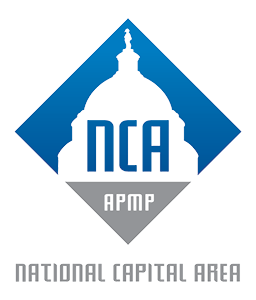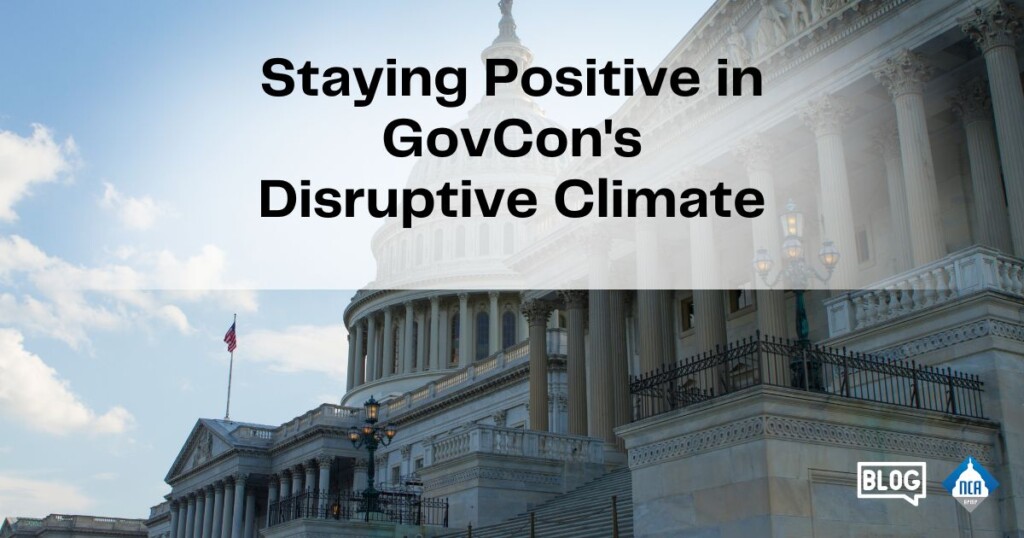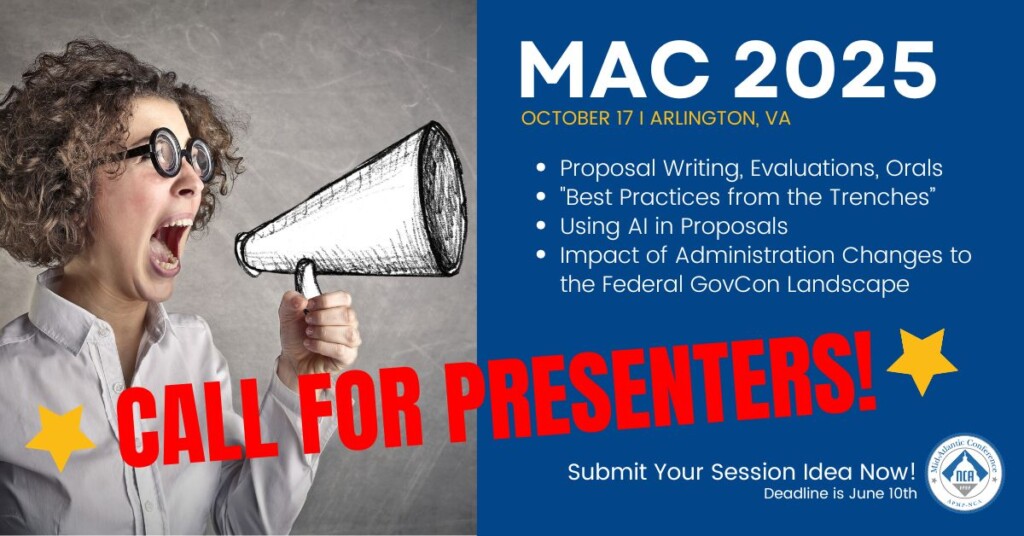For small businesses looking to compete for Federal contracts, one question that always comes up is whether or not to partner with other firms to pursue an opportunity. Some reactions to partnering include the following:
- “We have to give up half of the revenue (or more!) if we partner with another firm.”
- “We don’t know who to approach about this opportunity.”
- “Are we going to be treated fairly?”
Despite these kinds of reservations, partnering to pursue a contract might be the best course of action. Circumstances where partnerships are ideal include trying to break into a new market or client agency, having your niche or capabilities apply to only one component of a much larger opportunity, or lacking the business development capacity to pursue an opportunity on your own.[intense_blockquote width=”33%” rightalign=”1″]…partnerships can be extremely helpful and enriching to the work and your company.[/intense_blockquote]
If you decide that you are going to pursue a partnership for an opportunity, here are some tips to keep in mind:
- Do your homework!: Make sure that you have a strong understanding of your own organization’s capabilities and value propositions. You’re going to want to be persuasive and confident about what relevant capabilities your organization offers. In addition, you want to ensure that you have a good handle on the capabilities of the potential companies you are approaching. What is their past performance? How do they complement your capabilities? Preparation is the key to creating successful partnerships.
- Avoid “convenient partnerships”: It is very easy to reach out to people that you know at other consulting firms and with whom you have partnered previously. However, depending on the opportunity, these convenient partners might not be the best positioned or suited to do the work that you are pursuing. So, basically, you’ve put yourself out of the running by doing the “same old, same old”. Try to find organizations that will need what you have to offer and are positioned positively with the client (e.g., they have other work with that agency, are considered experts in the field). A teaming partner is useless if they don’t help put your team in a position to win.
- Be prepared to put the work in!: Most partners will expect you to contribute to the proposal response commensurate with the role you are playing if you win. How you work on the proposal shows your partner how you will work with them if you win. For example, if your company will handle all logistics (e.g., travel arrangements, conferences, exhibits) upon award of the contract, then be prepared to write that section of the proposal as well as contribute staff bios and past performance. First impressions are extremely important, so put your best foot forward!
At the end of the day, partnerships can be extremely helpful and enriching to the work and your company. Just make sure that you are choosing to partner for the right reasons, that you are choosing to enter into partnerships that will put you in the best position to win, and with whom you will have a good experience collaborating post-award.
Now, go out there and win!




